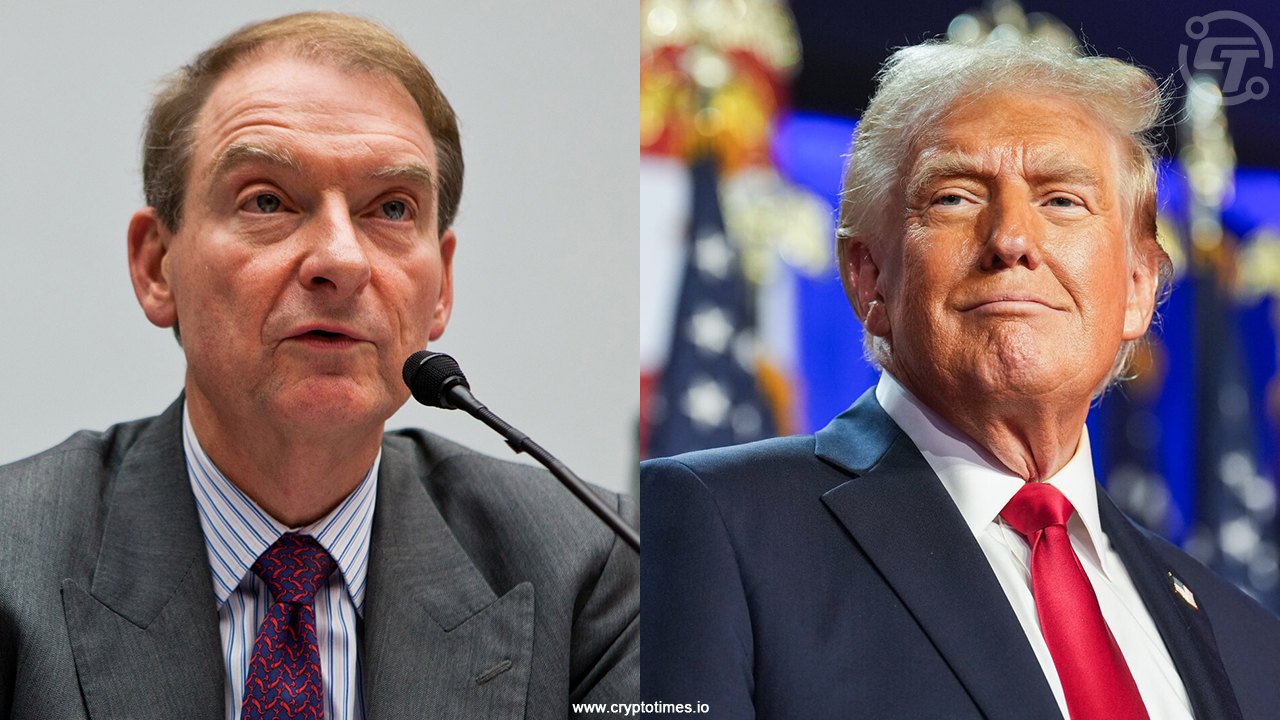

GENIUS Act Passes the House: A Defining Moment for U.S. Crypto Policy
Praised by SEC Chairman Paul S. Atkins in an official statement, the GENIUS Act reflects years of bipartisan effort to create a coherent legal framework for crypto asset innovation in the United States. The bill’s passage represents more than regulatory progress—it is a signal that U.S. policy is beginning to shift from enforcement-by-default to regulation-by-design.

The GENIUS Act: A Long Overdue Framework for Blockchain-Era Banking
The recent Senate vote to advance the GENIUS Act—a bipartisan bill to regulate stablecoins—is more than just another milestone in crypto policy. It represents a long-overdue recognition that fiat-backed digital dollars are not speculative assets; they are infrastructure.
At Anderson P.C., we strongly support the GENIUS Act and believe it lays the foundation for a safer, more credible, and ultimately more competitive U.S. digital economy.
SafeMoon Trial Opens: Former CEO Claims Innocence, Points to Founder as Culprit
The trial of SafeMoon’s former CEO, Braden John Karony, commenced this week in the U.S. District Court for the Eastern District of New York (EDNY), adding another complex layer to the growing landscape of crypto enforcement actions. Facing charges of securities fraud conspiracy, wire fraud conspiracy, and money laundering conspiracy, Karony has publicly asserted his innocence—and in a rare move, attempted to deflect culpability toward SafeMoon’s founder, Kyle Nagy.

Legal Framework for the Tokenization of Real-World Assets
The concept of tokenizing real-world assets (RWAs) has emerged as a transformative innovation at the intersection of technology, finance, and law. By leveraging blockchain technology to digitize ownership, tokenization is reshaping how we perceive, manage, and trade physical and intangible assets. From real estate and precious metals to intellectual property and collectibles, tokenization offers unparalleled opportunities for fractional ownership, liquidity, and efficiency. At its core, tokenization represents the digitization of assets into tokens recorded on a distributed ledger, allowing these assets to be bought, sold, and managed more effectively.

The Impact of Technology on Securities Markets: A Legal Perspective on the SEC’s Report
The SEC’s recent report to Congress on the impact of technological advances in securities markets isn’t merely a catalog of tech developments; it’s an inventory of how these tools alter the market’s fundamental mechanics—and, yes, its regulatory challenges. If the 20th century markets were defined by floor traders, telephone orders, and paper filings, the 21st century has swiftly evolved into a digital arena dominated by algorithms, blockchain, and AI. The upshot? We’re witnessing a market that’s faster, more accessible, and potentially more transparent, but also laden with new regulatory wrinkles. Let’s examine what the SEC has to say about this digital transformation and its implications for legal compliance, investor protection, and, well, market stability.
Untangling the SEC's Web: Regulatory Challenges Facing Crypto and Digital Assets
Under the leadership of Chairman Gary Gensler, the Securities and Exchange Commission (SEC) has adopted an approach to digital assets that some have described as "enforce first, make rules never." This strategy, while potentially effective in areas where clear guidance exists, has left digital asset market participants in the United States facing significant regulatory uncertainty. Without clear rules, the SEC’s aggressive enforcement tactics have had the effect of stifling innovation and driving businesses overseas. This article explores the key issues in the SEC’s current stance on digital assets and the need for a more thoughtful and predictable regulatory framework.
SEC Amends Binance Complaint Amid Industry Criticism Over Token Classification
In a recent development, the U.S. Securities and Exchange Commission (SEC) amended its complaint in the ongoing case against Binance, one of the world’s largest cryptocurrency exchanges. The SEC acknowledged that it may have caused confusion regarding its stance on whether certain digital tokens should be classified as securities. This amended filing, submitted in the District of Columbia, includes procedural adjustments and legal clarifications, reflecting an evolving enforcement strategy as the SEC seeks to address the regulatory challenges posed by digital assets.
Opinion: U.S. Congress Must Establish a Clear Regulatory Framework for Crypto Assets to Maintain Western Leadership in Financial Innovation
By now, we all know that cryptographic blockchain has the potential to revolutionize the transfer of value over the internet—quickly, inexpensively, and without intermediaries. With mass-adoption, a blockchain-powered immutable public ledger of transactions could reshape financial systems globally. Yet, like any transformative technology, its long-term success hinges on legal and regulatory clarity. It is time for Congress to establish a comprehensive, sensible framework for regulating crypto assets.
